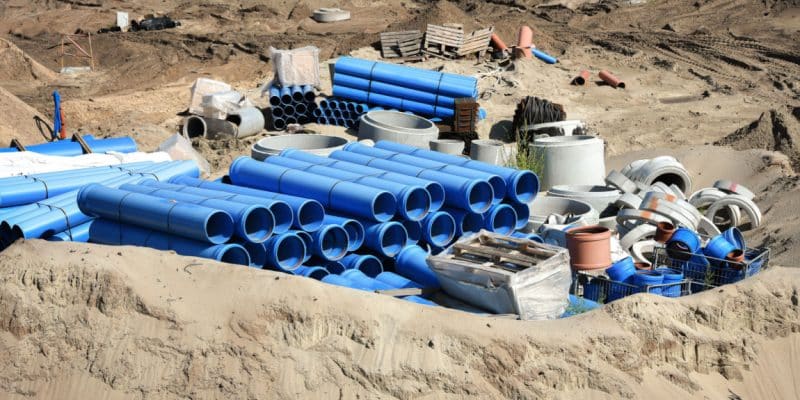The Federal Minister of Water Resources of Nigeria, Suleiman Adamu, is laying the foundation stone for the extension of the Gombe drinking water supply system in the north-east of the country. The Nigerian company Jidadu Venture is carrying out the work.
The project, which is now entering its implementation phase, involves the extension of services and the construction of removal stations in the special development zone of the Gombe State capital, in Tunfure and in Tashan Aduwa, along the Bauchi road. The work was kicked off recently by Nigeria’s Federal Minister of Water Resources, Suleiman Adamu. The aim is to improve the supply of drinking water in the state, which has a population of 551,000.
The project, which is now underway, will also build a mini water system in Tabra, rehabilitate old water systems and lay about 160 km of pipes for water distribution in the city.
Delivery of the works in 2025
At least 100 new isolation valves will be installed in the process and the 100 existing valves will be rehabilitated. Jidadu Venture’s scope of work also includes upgrading the Wuro Juli water supply system in Gombe and installing 2,000 smart meters and 250 water meters.
The Nigerian company Jidadu Venture has a budget of 11.49 billion naira, more than $25.5 million, to carry out the project. “At least 30% of the funding is being provided by the Federal Government of Nigeria, while the Gombe State Government has provided 70%,” explains Suleiman Adamu, Nigeria’s Federal Minister of Water Resources.
Read also –
The Nigerian authorities estimate that the entire project will be completed in 24 months, i.e. in 2025. In addition to securing access to drinking water in Gombe, the challenge is to improve hygiene and sanitation services in this Nigerian state, particularly through hand washing. According to the World Bank, about 60 million Nigerians live without access to basic drinking water services, 80 million without access to improved sanitation facilities, and 167 million without access to a basic handwashing facility.
Inès Magoum






